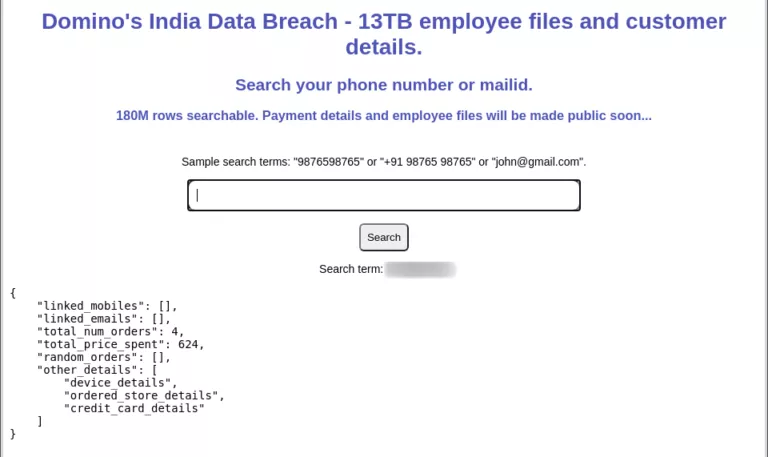India On Track To Ban All Private Cryptocurrencies: Market Crash Imminent?

The Indian government has listed the Cryptocurrency and Regulation of the Official Digital Currency Bill for the winter session of Parliament. The bill plans to bar all ‘private cryptocurrencies‘ except a few. The bill also includes creating a framework to regulate digital currencies issued by the Reserve Bank of India (RBI).
The Bill
“Cryptocurrency and Regulation of the Official Digital Currency Bill 2021″ seeks to prohibit all private cryptocurrencies in India. However, it allows for certain exceptions to promote the underlying technology and its uses”.
The challenges with Cryptocurrency
RBI has also been backing a bill to ban all cryptocurrencies. Cryptos limit the central bank’s ability to manage inflation and foreign exchange. The bank argues that they can be used for illegal purposes such as money laundering or facilitating underground trade. Another concern is that crypto is used to lure investors with misleading claims for funding activities.
“It’s important that all democracies work together to ensure that cryptocurrency (bitcoin) doesn’t end up in the wrong hands,”
Prime Minister Narendra Modi on 18 November at the inaugural Sydney Dialog.
China has also recently banned all cryptocurrencies, while El Salvador remains the only country that accepts crypto for official use. The government planned to ban crypto last year and even introduced the bill during this year’s budget session.
After these delays, PM Narendra Modi held a meeting to consult officials from various ministries and RBI. In the end, they decided that cryptocurrency can’t be stopped but must be regulated.
Price crash
In response to this news, all major currencies except meme cryptos saw a fall of around 15 percent or more. Bitcoin fell by about 18.53 percent, Ethereum fell by 15.58 percent, and Tether was down by 18.29 percent. The bill comes amid a debate over whether the government should ban private cryptocurrencies or regulate them like cash or bonds.






